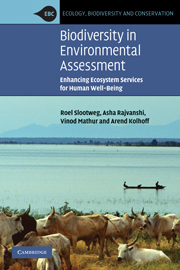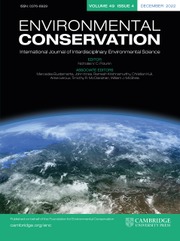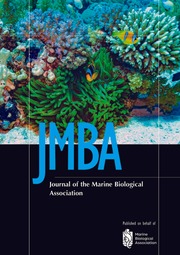Monitoring Ecological Impacts
Monitoring Ecological Impacts provides the tools needed to design assessment programs that can reliably monitor, detect, and allow management of human impacts on the natural environment. The procedures described are well-grounded in inferential logic, and the statistical models needed to analyse complex data are given. Step-by-step guidelines and flow diagrams provide clear and useable protocols which can be applied in any region of the world, a wide range of human impacts, and any ecosystem. In addition, real examples are used to show how the theory can be put into practice.
- The first fully integrated book that tells the reader everything they need to know to design their own assessment programs for any ecosystem
- Gives clear step-by-step guidelines, incorporating flow diagrams
- Worked examples show how the advice is applicable to real situations
Reviews & endorsements
Review of the hardback: ' … of value particularly to consultants and others involved in ecological monitoring related to waste or other major developments.' Mineral Planning
Product details
June 2008Paperback
9780521065290
452 pages
230 × 152 × 25 mm
0.66kg
37 b/w illus. 36 tables
Available
Table of Contents
- Part I. Introduction to the Nature of Monitoring Problems and to Rivers:
- 1. Why we need well-designed monitoring programs
- 2. The ecological nature of flowing waters
- 3. Assessment of perturbation
- Part II. Principles of Inference and Design:
- 4. Inferential issues for monitoring
- 5. The logical bases of monitoring design
- 6. Problems in applying designs
- 7. Alternative models for impact assessment
- Part III. Applying Principles of Inference and Design:
- 8. Applying monitoring designs to flowing waters
- 9. Inferential uncertainty and multiple lines of evidence
- 10. Variables that are used for monitoring in flowing waters
- 11. Defining important changes
- 12. Decisions and trade-offs
- 13. Optimization
- 14. The special case of monitoring attempts at restoration
- 15. What's next?








